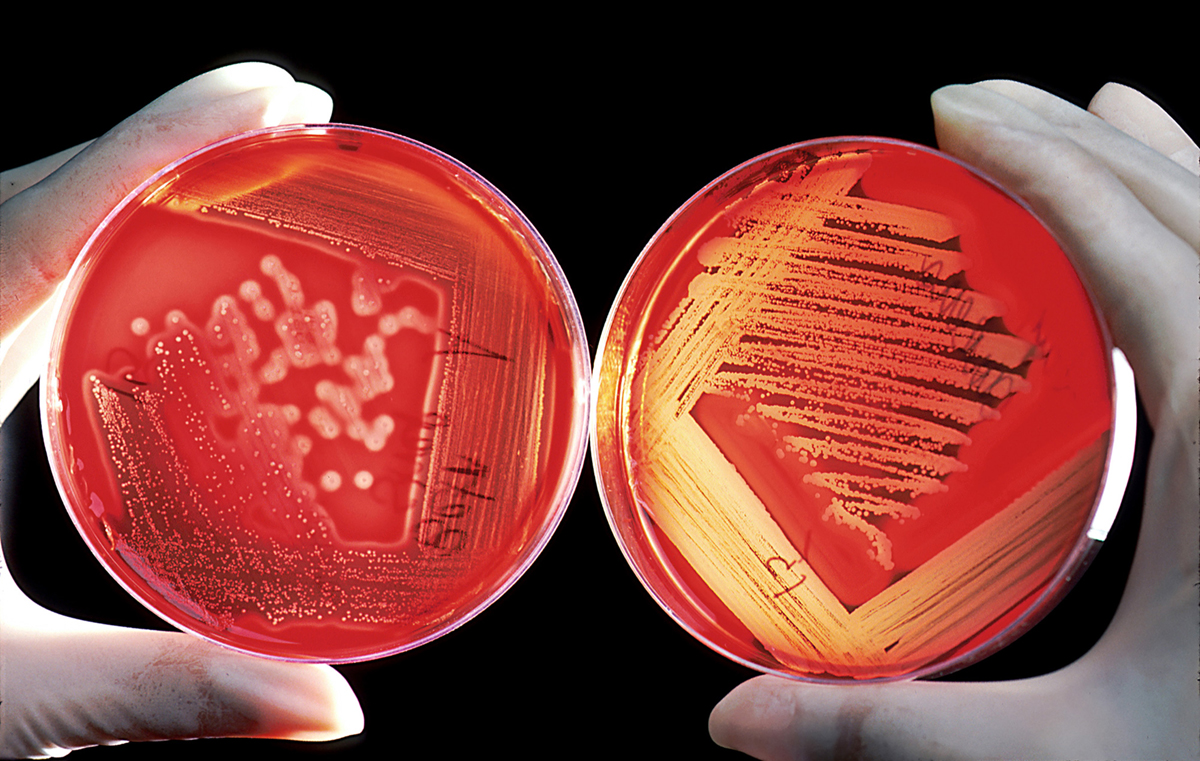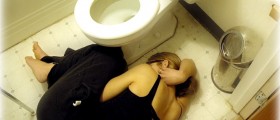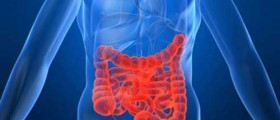
Bacterial Infections
Bacteria are present all around us. There are good bacteria, some of which live on our skin and the inside of the body. Usually, they are totally harmless, but sometimes, they could invade the body and cause many problems. There are also invasive and harmful bacteria that cause health issues whenever they infect human organism.
Bacterial Infections of the Intestinal Tract
Intestinal tract is located between the stomach and the anus. There are two types of intestines, small and large intestine, both having different roles in the body. Small intestine is responsible for the absorption of glucose and amino acids form the food that we eat. Large intestine absorbs water and helps the promotion of the feces. Good bacteria are there to help the digestion of the food, and the bad ones might cause intestinal infections.
Possible causes of the intestinal infections may be bacteria, but also, parasites, fungus, yeast and many others. Food poisoning is one of the most common reasons of bacterial intestinal tract infections. When the food is prepared in unsanitary conditions or haven’t been cooked long enough, there is a possibility that the harmful bacteria will contaminate the food. The easiest way for you to get infected with some bacteria is to eat those foods.
To prevent the potential infection, don’t use contaminated food or water, or any kind of contaminated drinks whatsoever.
Symptoms
Bacterial infections of the intestine may cause several symptoms, including: loss of appetite, abdominal cramps, pain and diarrhea. In more severe cases, bacterial infections might also provoke irritable bowel syndrome and affect the immune system.
Loss of appetite can be caused by bacterial infection. It could present itself as the decreased amount of the food you are eating, food aversion or delayed eating routine. Regardless the cause, it might be a good idea to consult your doctor about the appetite loss.
Any kind of abdominal pain should always be reported to the doctor, especially if it lasts for a long time. Intestinal pain after eating is also a symptom that shouldn’t be ignored, since it may be associated with bacterial infection.
Diarrhea can be caused by many different types of bacteria. Shigella, Salmonella, Campylobacter and Escherichia coli are known to cause severe diarrhea and lead to dehydration and many other medical problems.
Irritable bowel syndrome (IBS) is characterized by stomach problems and abdominal pain. According to the studies, the bacterial infections of the intestines are partially responsible for this syndrome.
Bacteria invading the body and causing the infection will need nutrients to grow. It takes them away from the body, leaving the immune system weaken and susceptible to other infections.
Treatment
To prevent any other infection – stop eating outside and focus on the food you prepare at your home. It is advisable to eat only liquid food for couple of days, until diarrhea stops. The most recommended natural preparations are peppermint tea and green ginger tea.
There are also OTC and prescription medications available to relieve some of the symptoms of bacterial infections of the intestinal tract. Mild cases of bacterial infections can be treated at home, but for any other problem you should always consult your doctor.

















Your thoughts on this
Loading...